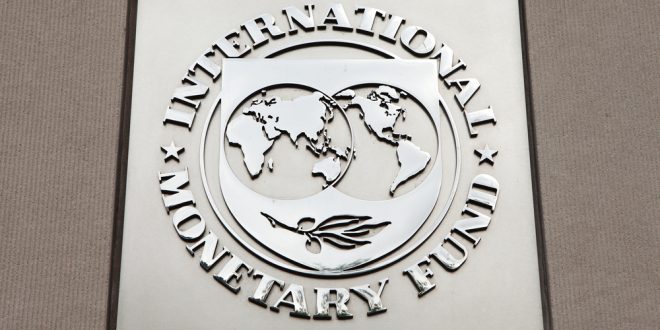First Deputy Managing Director of the International Monetary Fund, Jeffrey Okamoto, expected that the global economy would lose about 15 trillion dollars from 2020 to 2024 due to the Coronavirus pandemic.
According to an article published on the IMF’s website, Okamoto said that since March 2020, governments have spent $16 trillion to provide financial support during the pandemic, and central banks globally have increased their balance sheets with a combined value of $7.5 trillion.
He explained that deficits reached their highest levels since World War II, and central banks provided more liquidity in the past year than they provided in the past ten years combined.
This was indispensable — IMF research suggests that without the actions of policymakers, last year’s recession, which was the worst peacetime recession since the Great Depression, would have been three times as high as it already was, Okamoto says.
“Next year, as the vaccine production and numbers of vaccine recipients increase, and as more economies reopen, policymakers should plan a fundamental shift from seeking to save their economies from collapse to strengthening these economies for future events through growth-focused reforms,” he said.
“We know that some of the pro-growth reforms have been delayed, if not reversed, and that economies have been scarred. For example, the world has lost $15 trillion in output as a result of the Covid-19 pandemic, compared to what the Fund projected in January 2020,” he added.
He said that the energy spent on vaccinations and recovery plans should be directed to pro-growth measures to offset this loss of output.
He also emphasized that for advanced economies, the impetus for growth and reform would help pay off the debts arising from the unprecedented support, which would expand the space for necessary investments and reduce the need to raise taxes.
Given inflation rising above expectations and the uncertainty about when its drivers will recede, the pro-growth reforms targeting the supply side prevent any persistent inflationary risks created by pressures on the demand side in the United States and other countries.
For emerging market countries that have managed to maintain access to global capital markets, reforms can strengthen their economic fundamentals and boost investor confidence even as financial conditions tighten, especially if inflation persists in advanced economies.
As for low-income countries that have exhausted the space provided by their policies, the payoff from growth-oriented reforms could be large enough to avoid severe fiscal austerity, allowing them to protect social and health spending in the short term while enhancing their ability to invest in human capital over the long term.
Okamoto predicted that this crisis would take years for most countries. Still, the main challenge for this generation of policymakers is to inspire the next generation to rebuild a brighter future.
 Noor Trends News, Technical Analysis, Educational Tools and Recommendations
Noor Trends News, Technical Analysis, Educational Tools and Recommendations





